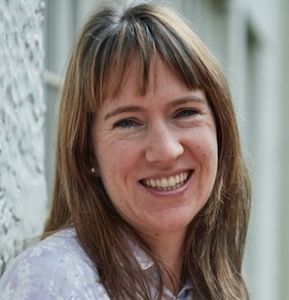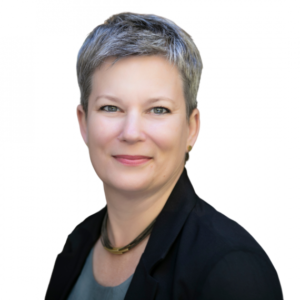In this podcast episode of Aid for Aid Workers, Torrey Peace, Leadership Coach, Guide, and Trainer, talks to Dr. Christine Sow, CEO of Humentum, about what it means— and what it takes — to lead effectively in the evolving humanitarian and development sectors. They discuss the essential strategies leaders must consider for enhancing equity, resilience, and accountability in global development organizations, and Christine shares how Humentum walks the talk. The conversation also touches on insights from Humentum’s report on Cultivating a Healthy Global Development Ecosystem, part of the Operationalizing Locally-Led Development series. Check out the excerpt from their discussion below.
Can you explain more about the work Humentum is doing around DEI localization? Especially in relation to your recent report “Cultivating a Healthy Global Development Ecosystem.”
Humentum starts by recognizing that all sorts of meaningful conversations are going on in the sector that are pretty conceptual and big thinking. For example, the recognition that we need to change the way that global development works because it’s built on the foundation of a colonial, top-down approach to funding flow, where ideas and strategy are set in Global North and then imposed on those who are actually doing the work closest to the populations.
That’s Humentum’s starting point. We work at what I call the next level down, at the operating model level. Having those big conceptual ideas is one thing, but when folks start trying to implement and operationalize them, they get stuck.
We support individual organizations to work on the how by working on their own operating models. We also work at the ecosystem level. But again, from the operation side of things.
That means asking questions like:
- What are the practicalities about how funding flows?
- Do we have the right partnerships and relationships in place?
- Do we have the right parameters, rules, tools, and resources for it to work?


